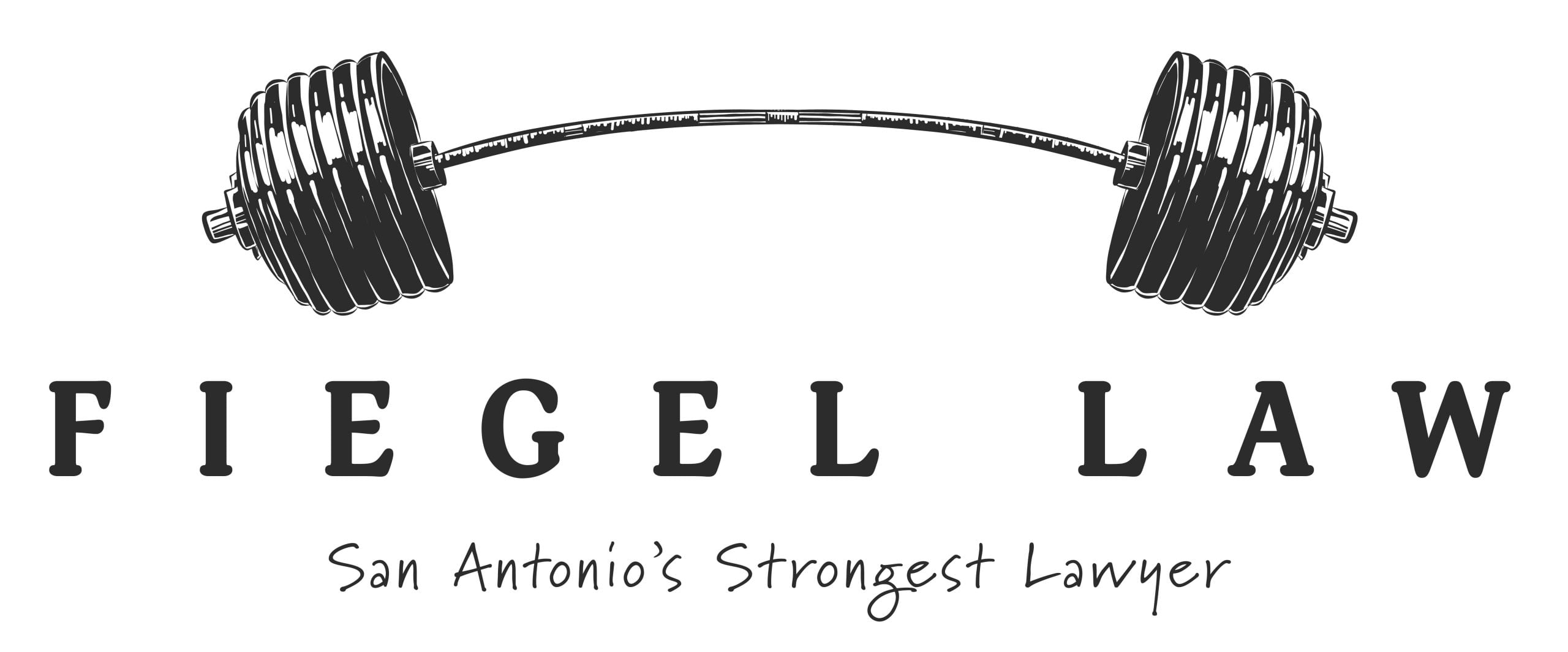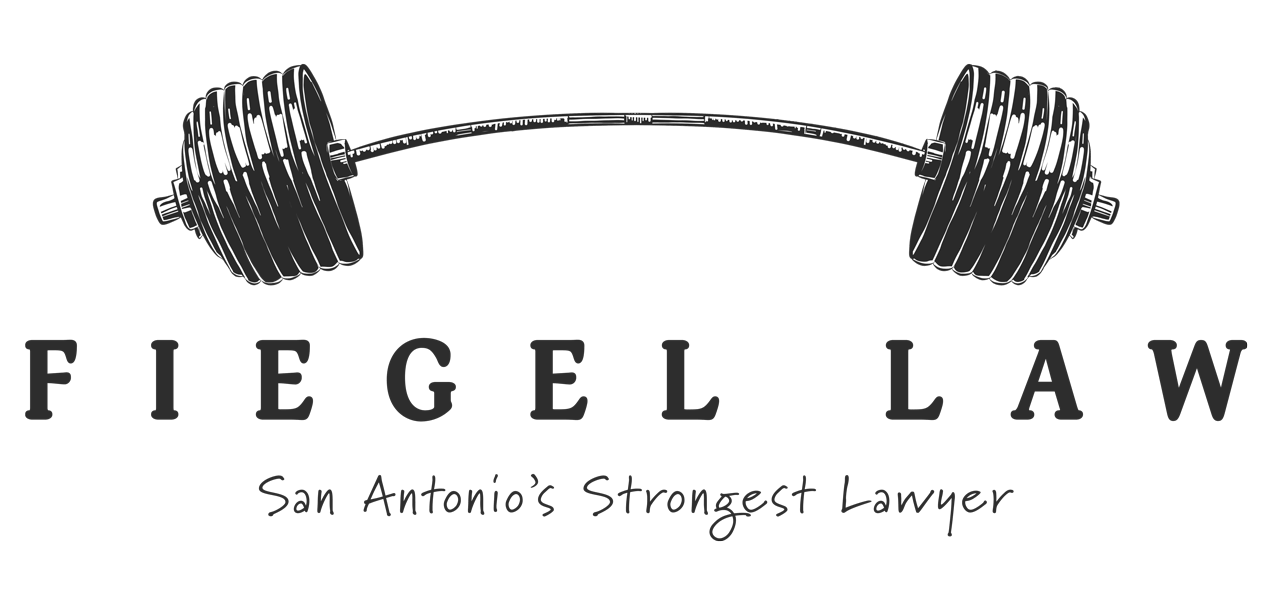Understanding Your Legal Rights during a CPS Visits
When a Child Protective Services (CPS) investigator comes to your home in Texas, it is crucial to know your legal rights and responsibilities during a CPS visit. CPS plays an important role in child safety—but that does not mean you must surrender your rights during an investigation. Here are your key protections:

- You Do Not Have to Let CPS Into Your Home
- CPS cannot enter your home without a court order, warrant, or your voluntary consent.
- You may calmly and politely decline to let them in until you have spoken with an attorney.
- You Have the Right to Remain Silent
- You do not have to answer CPS questions without your attorney present.
- Remember: anything you say can go to court, so choose your words carefully.
- You Can Ask for Identification
- Always ask to see the CPS worker’s identification and the purpose of their visit.
- You Have the Right to Legal Representation
- You may contact a lawyer before answering questions or allowing interviews.
- If you cannot afford an attorney and CPS files a case, you may qualify for a court-appointed lawyer.
- You Can Refuse Private Interviews With Your Child
- CPS may request to interview your child alone. You can refuse unless a court order allows it.
- You may request to be present or that the interview be recorded.
- You Have the Right to Know the Allegations
- CPS must inform you of the nature of the allegations unless it places the child at risk.
- You Have a Right to Challenge CPS Actions
- If CPS opens a case against you, you have the right to attend all hearings, present evidence, and challenge their findings.
- You Maintain Parental Visitation Rights
- CPS cannot stop you from visiting your child unless a judge orders it.
- If CPS removes your child, you have the right to visit within a reasonable time—usually within 48 hours.
Your Rights During a CPS Visit – How to Respond
- Remain calm and respectful.
- Document everything—names, times, dates, and what was said.
- Politely decline to speak without an attorney present.
- Do not sign anything you do not understand.
- Consult your attorney immediately.
We’re Here to Help
At Fiegel Law, PLLC, we fiercely protect the rights of parents and families facing CPS investigations. If you have been contacted by CPS or anticipate an investigation, call us immediately to schedule a consultation.
This document is for informational purposes only and does not constitute legal advice. For advice specific to your situation, contact us at Fiegel Law Office!








